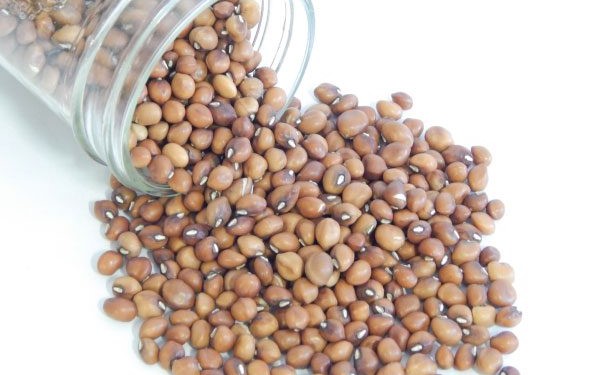One of the main research efforts of the Institute for Agricultural Research (IAR), Ahmadu Bello University, Zaria, over the last 10 years has been to combat the menace of a destructive insect that affects cowpea production in Nigeria. The insect is called Maruca pod borer and is known to cause up to 80% yield loss in cowpea fields.

The research efforts of IAR has reportedly yielded positive results. The results of scientific efforts applying modern technique of genetic engineering also sometimes called genetic modification has led to the development of cowpea variety that can protect itself against the destructive effects of the pod borer. This now makes it possible for farmers to grow cowpeas in their fields with very minimal insecticide sprays.
Hitherto, farmers can only control the insect in their fields through heavy and frequent spray of insecticides. The spray frequency ranges between five to eight sprays depending on the intensity of insect infestation. These insecticides are not only expensive and therefore not affordable by resource poor farmers, but also been shown scientifically to be toxic and dangerous to human health and unsafe for the environment, causing death in some cases, pollution of water bodies and the surrounding environments.
The benefit of this variety to Nigerian farmers and consumers is that, instead of eight sprays of insecticides, this new variety can be produced with only two sprays, thereby saving the farmers around four to six sprays. The total benefit to the country as a result of savings from reduced insecticide usage, if this variety is grown on 1 million ha out of the 3.8 million ha planted to cowpeas in Nigeria, translates to over N16.2 billion annually. In addition, this variety has about 20% inherent yield advantage over many of the conventional cowpea varieties.
The annual economy benefits from that is estimated to be N48 billion annually, if 1 million ha are planted to this insect resistant variety, assuming one ton of cowpea cost N 120,000.
Because of this variety was developed using the genetic engineering technique, it had to undergo scientific evaluation to access its similarities to the conventional varieties for food, and feed as well as safety to the environment including effects on the non-target insects and other organisms before it can be allowed to be grown commercially.
Series of scientific experiments have been conducted under the supervision of the National Biosafety Management Agency (NBMA), the Nigerian agency responsible for regulating genetic engineering and other biotechnology activities in Nigeria. The results of these experiments were presented to the NBMA which, after studying the results of the experiments, concluded that this new variety is exactly like the conventional varieties of cowpeas in terms of food and environmental safety. In the light of that, NBMA granted environmental release permit for this new variety to be grown by farmers and to be consumed as food in Nigeria in February 2019.
In addition, to its worthiness for food and safety to the environment, the agronomic benefit explained above was also corroborated by farmers who were provided with the seeds of this variety for test production.
However, in addition to the NBMA’s approval, the research team is presenting the results of the agronomic performance of this new variety to National Variety Release Committee in December 2019 for commercial release. It is hoped that, with the variety released in December 2019, seeds will be made available for commercial production by farmers in 2020 and beyond.
I will like to acknowledge the financial and administrative support of the Agricultural Research Council of Nigeria (ARCN), the Federal Ministry of Agriculture and Rural Development as well as supplementary financial by USAID and technical collaboration CSIRO Australia, and the AATF Nairobi for making this possible.
By Professor Muhammad F. Ishiyaku, Lead Scientist, Institute for Agricultural Research (IAR)
